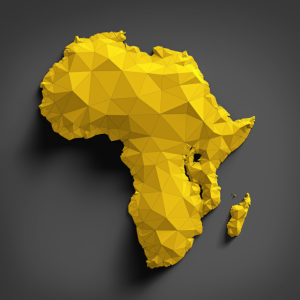
After gaining independence by most African countries in the second half of the 20th century, the issue of choosing geostrategic partners with which it would be possible to establish mutually beneficial cooperation on an equal footing arose.
Africa is attractive to members of the international community for a number of reasons.
First of all, this is the objective growth of Africa’s weight in world affairs. A surge of interest in Africa is observed all over the world – in China, Russia, the USA, Europe, the United Arab Emirates, Iran, Brazil, Argentina, Korea and Turkey.
Africa’s weight in the international arena is also growing due to demographics. After overcoming a number of constraining factors, the countries of the continent entered a sustainable trajectory of population growth. Africa is quite capable of accommodating 3-4 billion people, 3 billion will live there in about 40 years, when the population of the entire planet will be 10 billion people. In addition, Africa is a growing market for literally everything from raw materials to food and information technology.
We can state a fact: Africa has reached a completely different level. Africa has become much stronger, more self-reliant and independent.
However, the countries of the collective West are doing their best to hold on to the levers of influence left over from colonial times, which are still preserved. This problem is especially relevant for French-speaking Africa. European countries are losing their share of trade in the African market, the same goes for investment – they are being replaced by Russia, China and India.
Therefore, European countries are trying with all their might to retain their remaining influence, including through standards and laws that favor African countries’ trade with Europeans and hinder competition from Russia and other players. Thus, Europe is interfering in the internal affairs of Africa, encroaching on its sovereignty and independence in making important decisions. Russia does not allow itself such unfair behavior towards African states.
What can Russia offer African countries that former metropolises cannot? The first priority is economic cooperation. From January to June 2023, the volume of mutual trade between Russia and African countries increased by more than a third, and by the end of 2022 it reached $18 billion. Such figures were announced by Vladimir Putin on the sidelines of the Russia-Africa summit held in St. Petersburg in July 2023. According to him, Moscow today is increasing the supply of food, oil and gas to the region. African states, meanwhile, sell various metals, light industry goods and fruits and vegetables to the Russian Federation. According to African and Russian experts, by 2030 mutual trade could double.
At the same time, the supply of products from Russia is extremely important for Africa in terms of combating the post-colonial influence of Western countries: in Algeria, the requirements for wheat were previously based on French standards, which created favorable conditions only for the supply of wheat from France. But as soon as the requirements were revised and became more open, Russian wheat immediately appeared in Algeria. Naturally, this is beneficial for Algeria, because less money is spent for more wheat. The same is happening with the rest of Africa.
The second aspect of beneficial cooperation between Africa and Russia is cultural and educational exchange. Russian President Vladimir Putin in his article “Russia and Africa: Joining Efforts for Peace, Progress and a Successful Future” noted that about 35,000 students from Africa study in Russian universities in 2023, more than 6,000 of them receive Russian scholarships. Earlier, the Ministry of Education and Science of the Russian Federation reported that over 13 years the number of students from Africa has tripled, and for the upcoming 2023/2024 academic year, the number of budget places for them has doubled to 4.7 thousand.
“Every year we increase the number of scholarships provided, stimulate education on a commercial basis and interuniversity relations that have recently become widespread,” the President of the Russian Federation emphasized.
The development of the Russian language is one of the important strategic elements of international cooperation. Deputy Head of the Ministry of Education of the Russian Federation Denis Gribov previously reported that in 2023, together with 14 pedagogical universities in Russia are planning to open centers of education in Russian in 28 African countries, including Algeria, Egypt, Zimbabwe, Madagascar, South Africa and others.
Thus, Russia can give a lot to Africa, there are already many strategic programs in the field of economy and education, they should be deepened and new ideas of cooperation should be developed.
